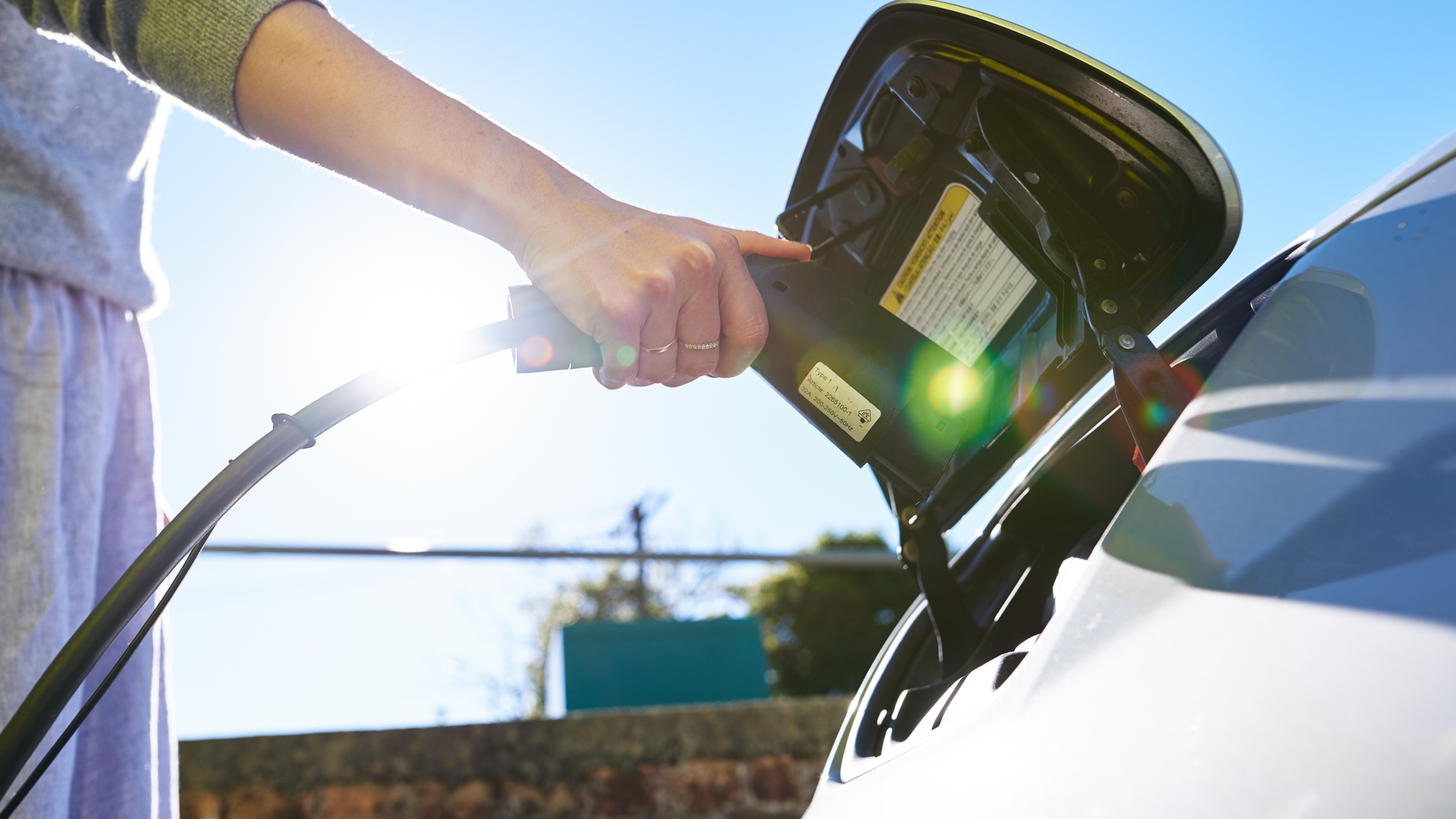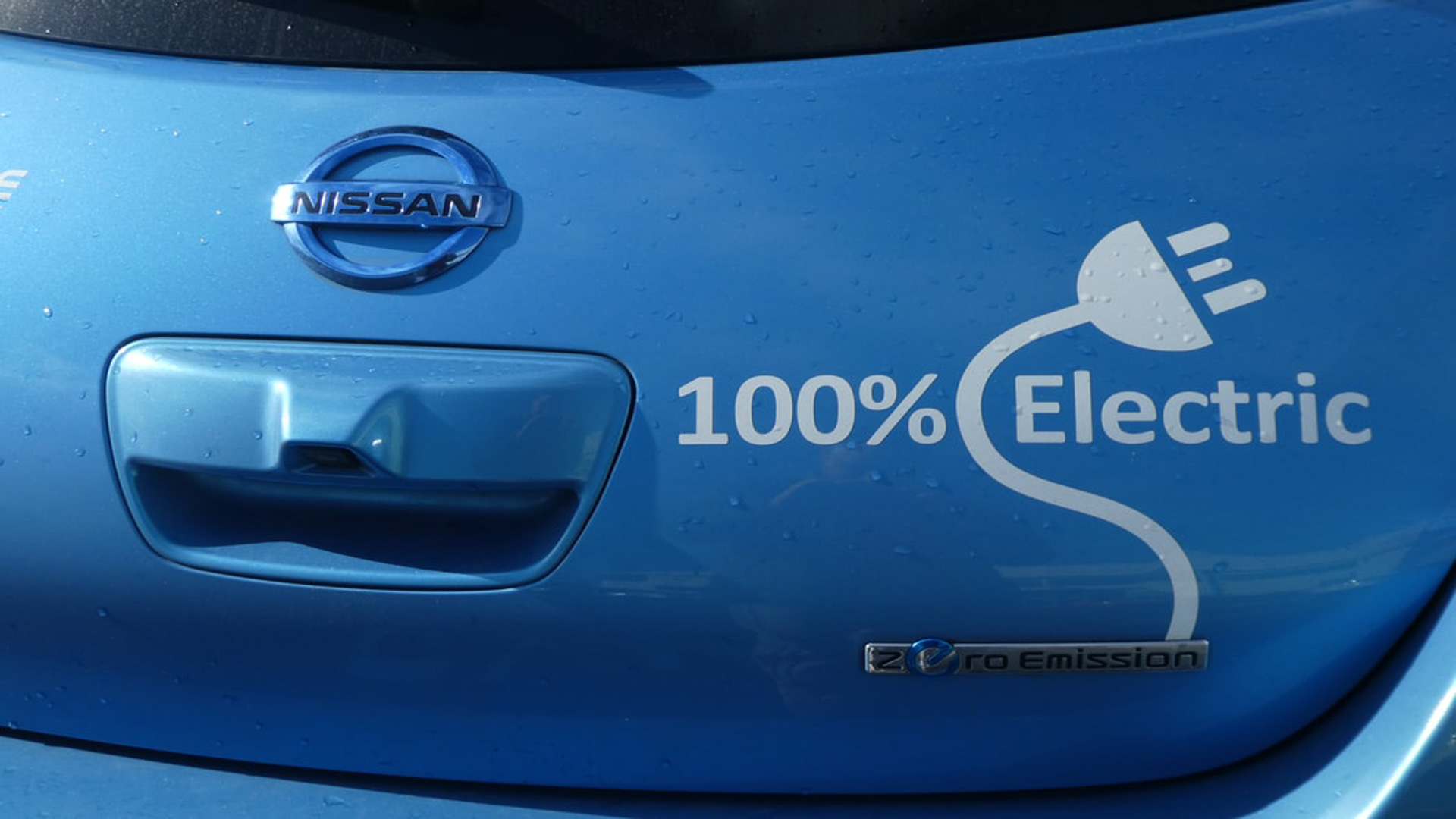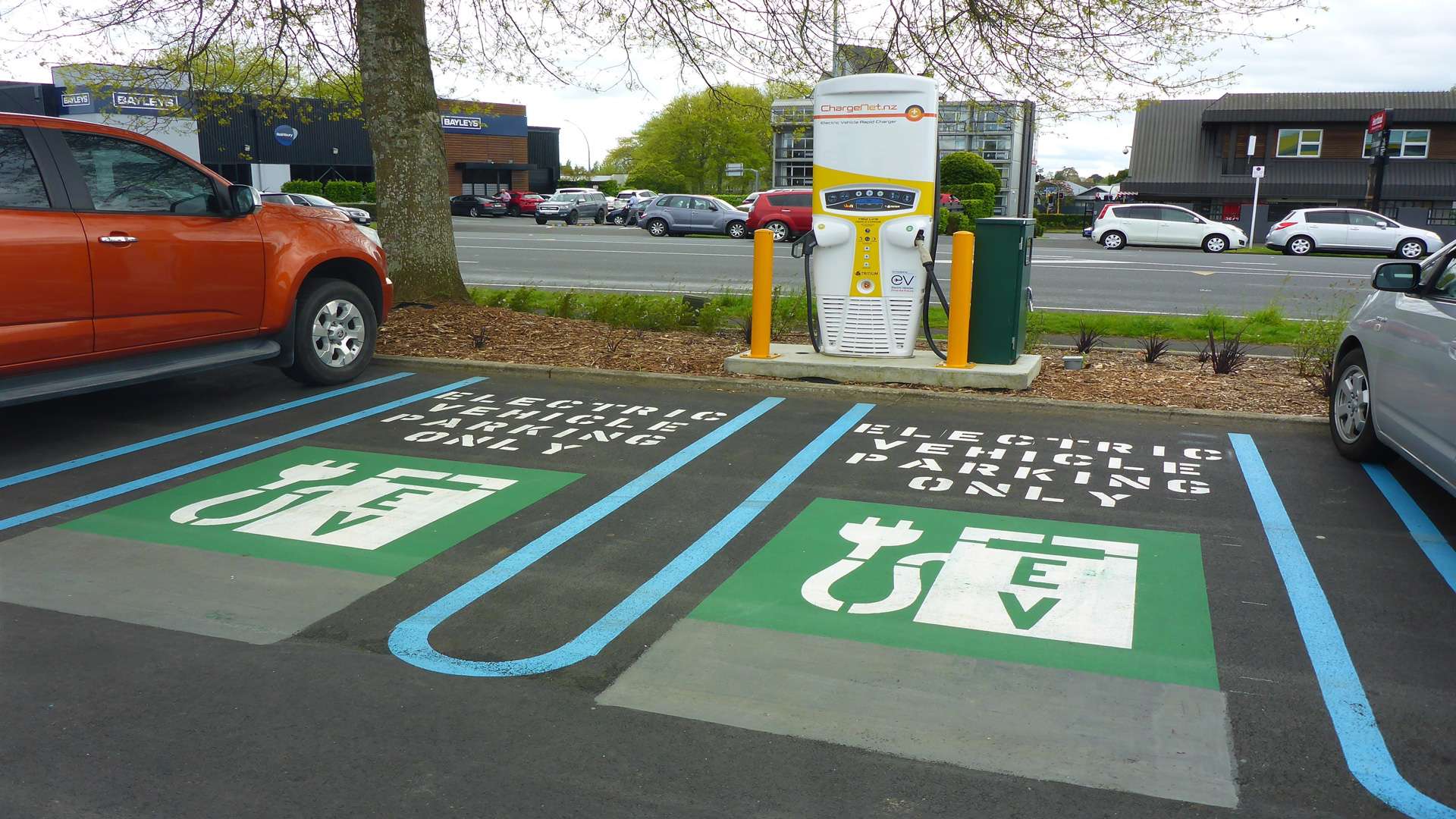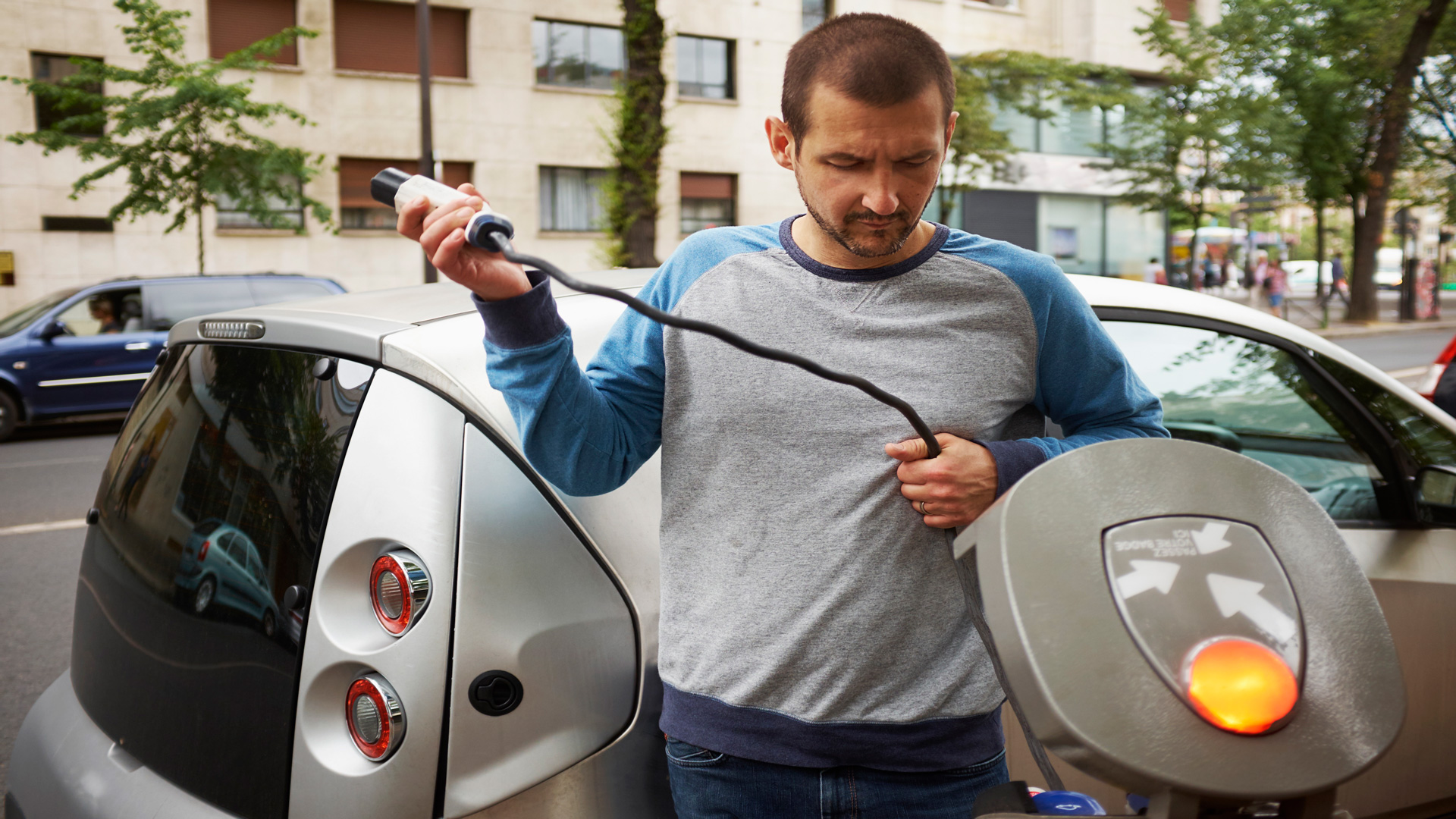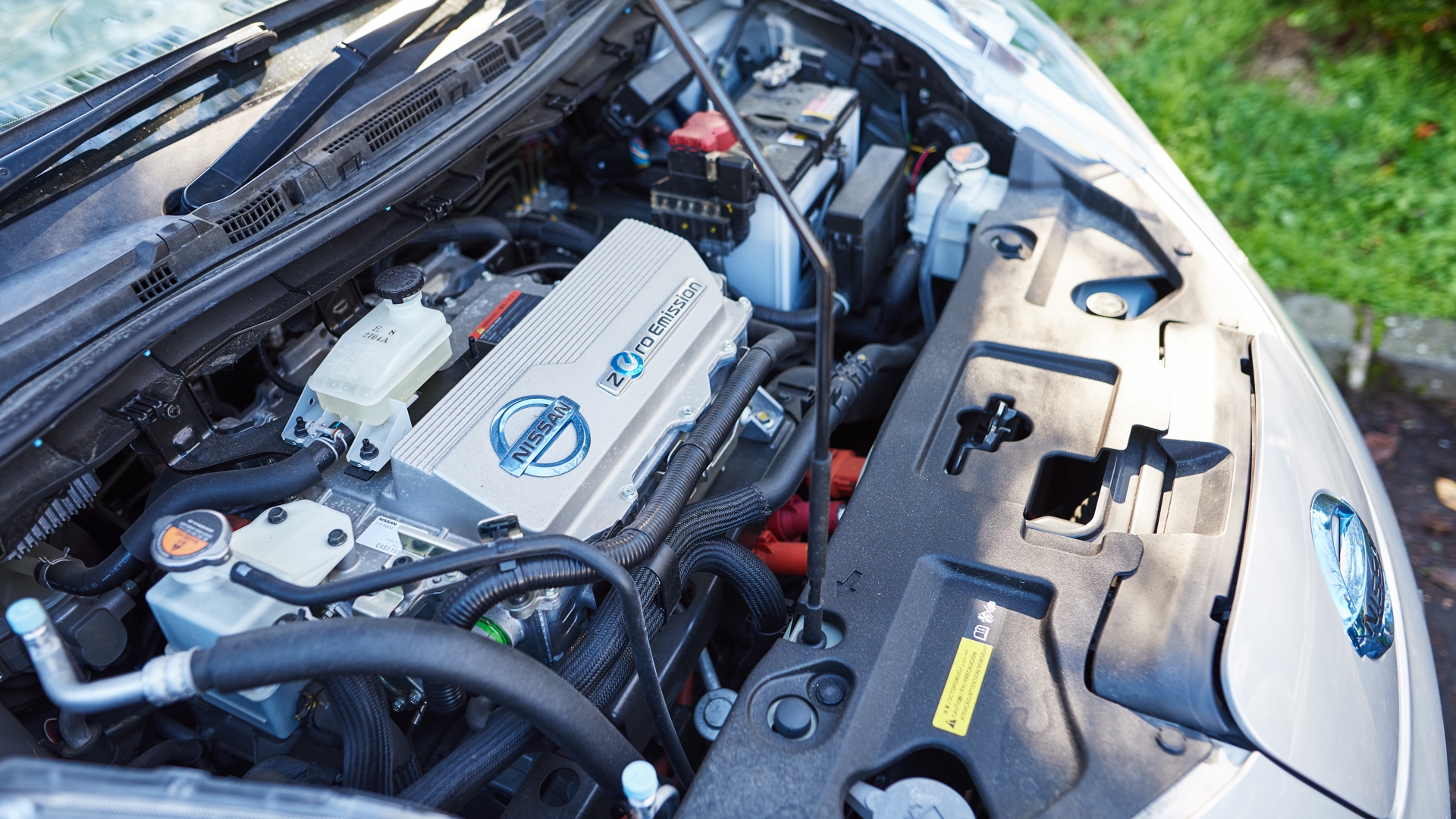Feature article
Your top 10 electric vehicle questions answered
Considering an EV but want more info about what they’re like to own and drive? Here are your top EV questions answered.
Lots of Kiwis are making the switch to an electric vehicle, but there are still plenty of folks torn due to doubts over if it’s the right vehicle for their family. To make an informed decision, you need to know as much as possible about EVs. With this in mind, we’ve answered your top 10 EV questions.
1) What’s the average range of an EV?
This is the biggest elephant in the room when it comes to EV ownership concerns for most Kiwis. People are worried about whether or not they can get to their destination and back on a single charge, and what the consequences for running out of charge will be (don’t worry, we’ll cover that in more detail later on).
In simple terms: the more you pay for an EV, the better the range will be. If you buy a slightly worn out old Nissan Leaf for around $10,000-$12,000, you can’t expect it to get you much further than around 90km on a single charge. If you have the big bucks to splash out on a Tesla Model 3 Long Range, you’ll get closer to 600km on a single charge.
Like most things in life, you get what you pay for but there’s definitely a ‘sweet spot’ for battery range of an EV. A reasonably priced EV will cover you for at least 120-150km on a single charge. And when you factor in that, according to Ministry of Transport NZ, the average journey distance covered by Kiwis on a single day is less than 30km, even the most affordable EVs have got you covered.
2) Are they expensive to buy?
While the average initial up-front expense of buying an EV remains higher than that of an equivalent petrol engine car, it’s clear that EVs are becoming a more affordable option for Kiwis. For example, back in 2012 a Nissan Leaf would have cost you $69,000 from new, whereas a new model can now be picked up for around $39,000 – still high, but a significant reduction. And you can buy a used Leaf model for around $10,000-$15,000.
Overall, the cost of purchasing an EV is trending in a promising direction – downwards. When you add the longer-term savings made on petrol expenses, it makes an enticing case for ownership. You may speculate a little more in terms of the initial cost of the vehicle, but you certainly accumulate other substantial savings over the lifetime of the car.
3) How easy is it to charge an EV?
It’s fairly straightforward and getting easier all the time. In basic terms, all you need to do is hook-up your car via the supplied cable to a plug-in socket in your own home, your own fast-charge station, or a public charging station when out and about.
You should only use the charging cable that came with your vehicle and it's not advised to use any kind of extension cord or plug adaptor. You can plug the charging cable right into a standard wall socket. EV chargers are also weatherproof, so you don't need to worry about not being able to charge your car if it's raining.
Lots of EV owners favour charging their car overnight for use the next day and this has their day of travel covered nicely. If they end up undertaking a longer trip and require additional charge, the best solution is to use a public fast charge station and within around 30 minutes or so they’ll have a full battery, at the cost of less than $10.
The only major hindrance to charging an EV on a daily basis is if the owner has a lack of off-street parking, or the ability to park within range of the cable reaching an electrical socket. You can get by with owning an EV if you only ever use public charging stations, but it lowers the user friendliness of ownership.
4) How much do they cost to run on average?
It’s tricky to give a precise answer as the way you use your EV will have the greatest impact on how much it costs you to run. What we can say with certainty is that you’ll make substantial savings on petrol costs.
One Kiwi we interviewed about her life with a Nissan Leaf revealed that her daily commute of around 52km costs approximately $30 a month in electricity. This represents a vast saving on the monthly cost of filling up the tank of a petrol vehicle.
You also gain reduced vehicle running costs from the general lack of servicing that's required for an EV, and the fact that there are no oil expenses.
5) What can I do if I run out of charge?
This is a common concern for Kiwis and it’s not an unreasonable doubt. None of us want to end up stranded in a dark layby on a wet winter evening. The good news is that that’s fairly unlikely to happen.
As long as you have some form of breakdown cover, if the worst case scenario happens and you fully run out of charge while travelling in your EV, you’ll be picked up by the recovery folks and taken to the nearest charge station, or direct to your home – whichever is nearest. In some cases, an emergency charge can be given to your vehicle to give you the range required to drive to the nearest charging station.
If you’re on a longer-haul trip and can see the vehicle battery life draining away, you should stop off at a fast charging station for a quick top-up. A lot of Kiwi EV owners find ChargeNet an invaluable resource for locating the most convenient fast-charge options nearby.
6) How long will the battery life last?
The good news is that EV batteries are designed to last for many years. New EVs will generally come with a battery warranty that guarantees the battery for a certain amount of time (at least 5-8 years) or distance (100,000km or so).
Just like with your mobile phone, the EV battery gradually decreases the more it’s used, charged and re-charged etc. Battery life can also deteriorate if the car is parked up and unused for a substantial amount of time. A weakened battery means that the EV won’t be able to travel as far on a single charge, but the car should remain a viable option for most daily journey needs, depending on the requirements of you and your family.
Fast charging is more damaging to battery health and trickle charging helps maintain battery life. Some EVs will give you the option to set a limit for the battery to charge to only 80% – which helps maintain battery life as oxidisation can occur if you regularly charge beyond that level. The downside to doing that is that you lose 20% of range.
It’s also important to note that the battery of an EV can be fully replaced or refurbished, regaining you any lost range and returning the vehicle to its full splendour, but replacement batteries remain a fairly expensive proposition at around $2,000 or more.
7) Will I also need to own a petrol car?
This depends on your own requirements, but evidence suggests that a lot of Kiwis currently own an EV as a second family car. Does this mean it’s not a viable choice as the main family car? Not necessarily.
If you can afford one of the newer generation models with enhanced range capacity, you’re covered for some pretty hefty distances. But even if your budget will only stretch to a more modest EV, its suitability as a family car will depend on how open minded you are about your longer journey travel planning.
If you’re on a jaunt further afield than the single charge range distance, are you cool with seeking out the fast charging stations along the way? Or maybe you’re willing to hire a different vehicle for those occasions that you need to travel a little further than usual. Equally, if you need to regularly tow a large item like a boat or caravan, EVs aren’t currently the best option for such activities, so an alternative would be necessary.
8) Are EVs only cars or can you get other vehicle types?
While cars dominate the EV fleet, and they’re not likely to replace agricultural industry vehicles like tractors any time soon, there are other EV types available. Most notably the Nissan e-NV200 van.
Available in either cargo or passenger friendly versions, the e-NV200 is a versatile van that can be tailored to best suit your needs. Its battery range of 170km is decent rather than exceptional, so the e-NV200 is best used as a town or city runaround, rather than something in which you transport goods further afield in NZ.
Other longer-haul semi-trucks are being introduced globally, which will likely have a knock-on effect here.
9) What’s the difference between an EV and a hybrid?
In a nut-shell, a hybrid vehicle can run on electric power alone for anywhere between 20-80km, and once that battery charge has run out the hybrid switches from electrical power to run on a petrol engine. This removes any range anxiety issues and means you can charge the battery, plus fill up the tank at a petrol station. Does this all add up to make a hybrid the ‘best of both worlds’ and better than an EV? Some hybrid owners might argue that point, but it’s not that simple.
While a plug-in hybrid is a good option, it does mean you’re not going to make the full economic savings associated with EV ownership. You’ll still likely need to buy petrol on a fairly regular basis, and you won’t benefit from the lower maintenance costs of a fully electric vehicle that contains less components and doesn’t require oil changes. A hybrid is, however, a step in the right direction.
10) Is an EV better for the environment?
Generally speaking, yes they are and considerably so. In New Zealand EVs emit 80% less CO2 than an equivalent petrol vehicle because electricity generated here is typically at least 80% renewable – the main sources being hydro, geothermal and wind energy. Another overwhelming environmental positive from more of us driving EVs is the reduction of strain on our planet from digging into it to obtain oil.
That’s not to say everything EV is perfect, and there remain valid concerns about the nature of procurement of the lithium that goes into the batteries used to power EVs, but these same concerns apply equally to the batteries used to power our mobile phones. We also need to endeavour to dispose of old batteries in an environmentally sound manner.
EVs in NZ
Hopefully we’ve covered all of the key topics to help you decide if an EV is the perfect choice for you and your family. If you still have any questions left unanswered and feel you need a little more EV information, be sure to keep checking out our EVs in NZ section for helpful, informative advice on owning and driving an EV in New Zealand.
Other articles you might like
